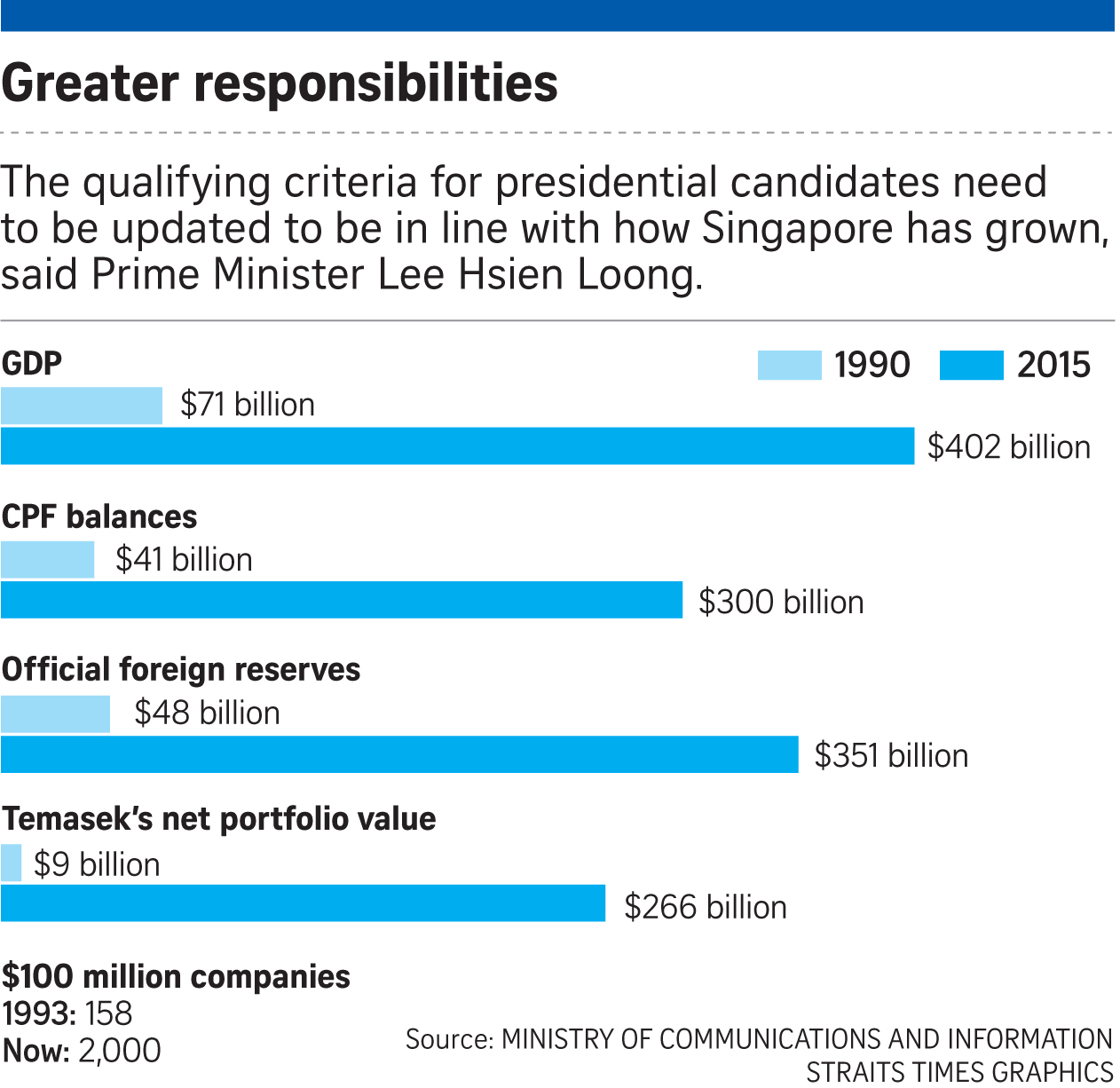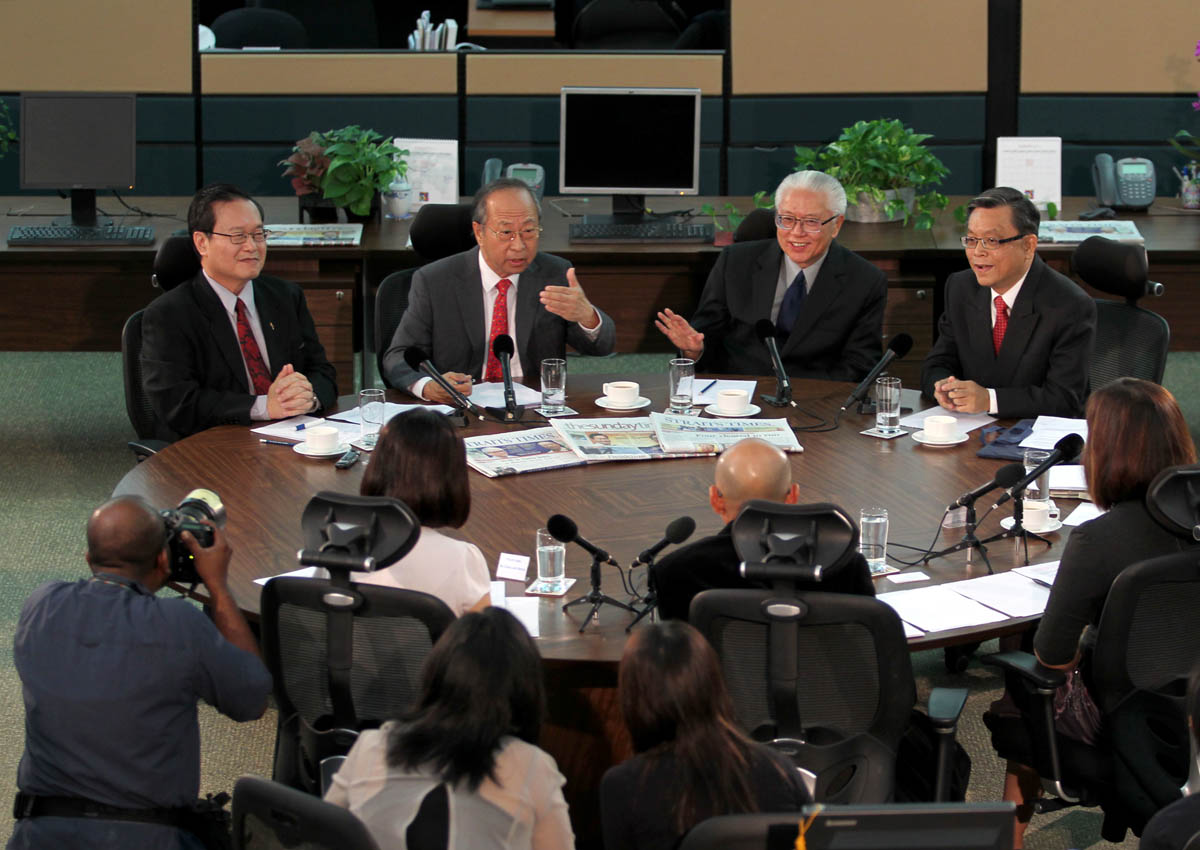In many ways, the report of the Constitutional Commission after its review of the elected presidency did not come as a surprise.
As expected, the panel covered areas outlined in its terms of reference: updating eligibility criteria for candidates, strengthening the role of the Council of Presidential Advisers (CPA) and ensuring minority representation periodically.
Then came Chapter Seven, titled “Other Matters” – and there, the commission acknowledged that it went beyond its remit, but explored matters it considered significant enough to warrant discussion.
Chief among these issues was the commission’s worry over the inherent, “unavoidable tensions between the president’s historical and custodial roles” which emerged in the office’s 25 years of existence.
The fundamental justification for making the presidency an elected one is so that he has a mandate from the people to exercise his powers of safeguarding the reserves and integrity of the public service.
But this part of his job description can potentially come into conflict with another: being a symbol that unifies the nation. This is why, the panel said, the Government may wish to consider the proposal some had made – fundamentally overhaul the office and split the roles at some point in the future.
In response, the Government has reiterated the need for an elected president.
Since Singapore is continuing down the path of electing the president, at least for now, what future concerns might it have to mitigate?
The commission hinted there are three trends to watch out for, if Singapore is to elect the president instead of appointing him or her.
First, the president’s task of potentially having to confront the government of the day is somewhat at odds with his role as a unifier. So far, no elected president has had to act as a check on a profligate government with plans to dip into the reserves that it cannot robustly justify.
But should that happen in Singapore’s future – and there is no guarantee that it will not – will a president who values his role as a unifying force find it hard to say no?
Raffles Medical Group executive chairman Loo Choon Yong raised this point during the public hearings on the review, saying of the elected president: “You want this guy to be the nice guy, unifier, and then you want him to have what it takes to tell a roguish prime minister, ‘Hey, leave our assets alone.’
“I think these (requirements) call for different chemistries.”
Second, to be elected, a presidential hopeful has to go through the rough and tumble of a national election, which can be heated, divisive and politicised. It is hard to see how a candidate will not be seriously embarrassed or suffer a dip in prestige even if elected.
Worse, the panel noted that because the president’s role is partially to check the Government, it gives candidates an incentive to campaign on an anti-government platform. If such candidates win, they might clash further with the Government over hard choices that have political costs, the report noted.
As political observer Derek da Cunha sees it: “Voters in Singapore, like voters everywhere else, tend to look at elections where no real change in the power structure takes place, as simply occasions to cast a protest vote.”
“Most voters want to have their cake and eat it too: to largely retain the status quo but to bring the ruling elite down a peg or two,” he says, adding that this occurred in the 2011 Presidential Election.
If elections in the future continue to be viewed by voters through this partisan lens, things might become harder for any elected president.
While the commission has proposed enacting laws to make it an offence for candidates to make promises or take positions beyond the ambit of the presidency, it remains to be seen whether this will come to pass or be effective.
The third concern flagged by the commission was the anticipated difficulty of finding a single man or woman with the qualities to be both a custodian and a unifying figure.

The panel said that these were “competing qualities”. It noted that to be a symbol of unity, a president needs the ability to connect with and represent the general populace.
But these “may not always, or even usually”, be found in individuals who also possess the financial qualifications and technical competencies the president needs to exercise his custodial powers.
Several observers, such as retired PAP MP Inderjit Singh, suggested returning to the system of an appointed president.
“If the Constitution is amended to give more powers to the CPA and limiting the president’s role to focus on unity and ceremonial duties, then I don’t see the need for an elected president,” he says.
“We can go back to an appointed president and this will eliminate the need to reserve elections for certain races when the need arises.”
In any case, whether these differences are irreconcilable or not, the Government should keep its eye closely on these potential contradictions, and perhaps revisit the issue in a future review.

This article was first published on September 11, 2016.
Get a copy of The Straits Times or go to straitstimes.com for more stories.



























































































